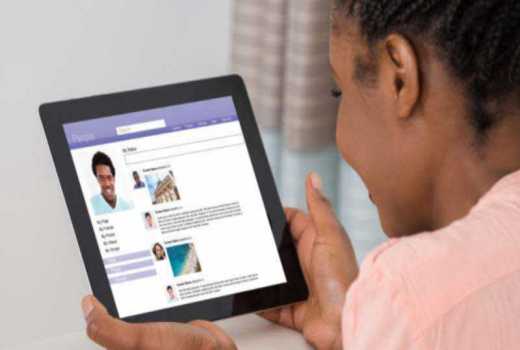×
The Standard e-Paper
Stay Informed, Even Offline

NAIROBI, KENYA: Mawingu Networks, a Microsoft backed Kenyan start-up using underutilised television frequencies, aims to triple rural broadband users in the next two years, its chief executive said.